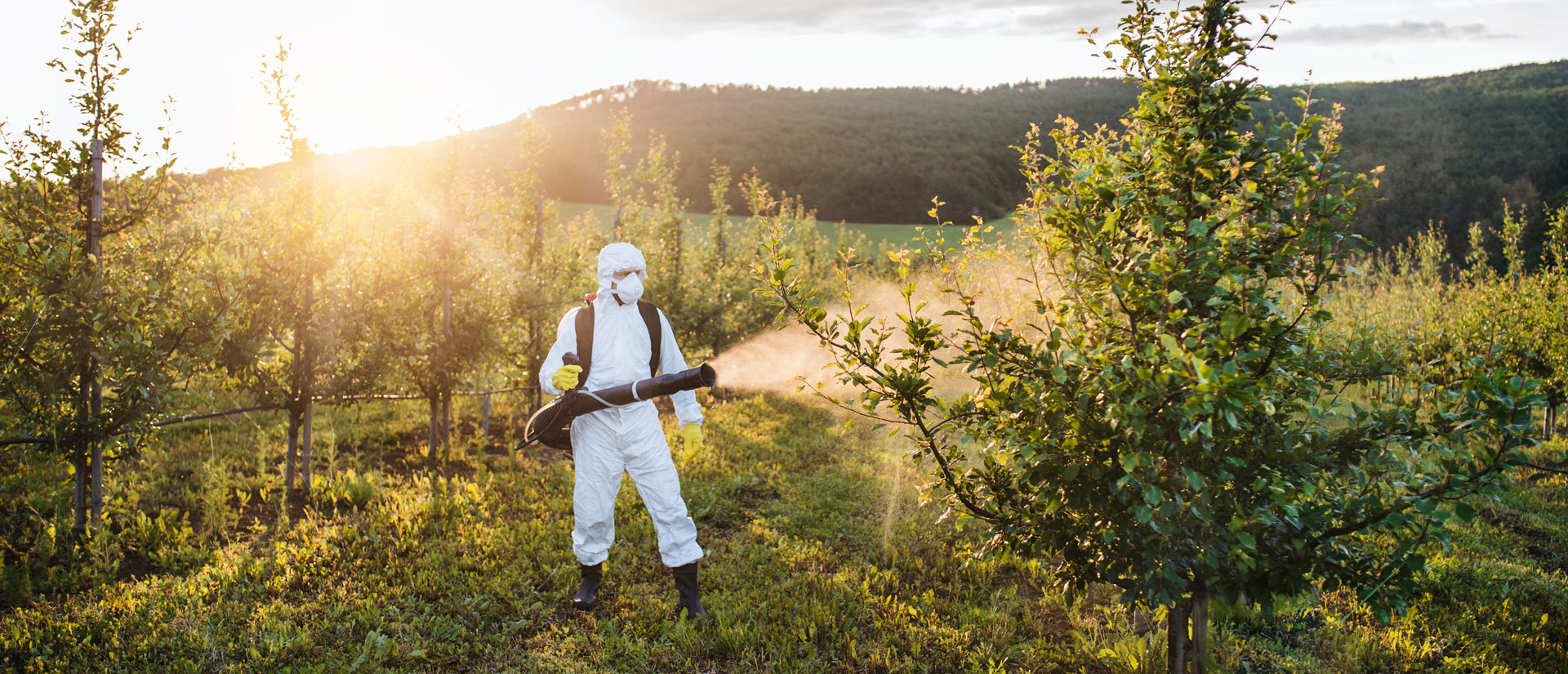Pesticide tax could halve use of pesticides according to study
Taking EU targets seriously
Under the Green Deal, the European Commission aims to reduce chemical pesticides use by 50 percent by 2030. A study by the Helmholtz Centre for Environmental Research (UFZ) commissioned by a broad alliance of NGOs and GLS Bank supporting sustainable investment strategies uses the example of Germany to show how a pesticide levy can achieve this goal.
The study examined different concepts for a tax on pesticides including the developments in Denmark, which introduced a risk-based pesticide tax in 2013. Using a database model developed in-house, the scientists simulated the effects of four different levy concepts on pesticide prices, sales volumes, treatable area and estimated the revenue. For the English version of the study presented here, they additionally analyzed the possibility of the EU's legal competences to introduce a Europe-wide taxation of pesticides.
"A dozen NGOs in alliance together with the GLS Bank supports a pesticide tax - as the current use of pesticides endangers biodiversity and leads to high environmental damages. The study shows that with a pesticide tax an effective reduction in the amount of pesticide applied is possible. The revenue from the tax should be returned to agriculture for ecological restructuring," says GLS Bank board spokesman Thomas Jorberg.
The authors of the study recommend introducing a risk-based tax on all chemical plant protection products in the EU, which should take into account not only the hazardousness of the pesticides but also the effect intensity per kilogram. Such a tax could not only halve the volume of pesticides sold, but also the intensity of treatment.
Pesticides vary in their effectiveness by up to a thousandfold. While only a few grams are permitted for highly effective products, several kilograms are permitted for less effective substances. „It is therefore important that a tax is linked to the maximum permissible application rate per hectare and year - and thus to the impact on the field as well as the side effects and risks for the environment," according to the ecotoxicologist Matthias Liess.
Pesticide expert Lars Neumeister adds: "A levy should further tax herbicides and insecticides more heavily, since they directly and indirectly have a variety of negative effects on biodiversity - such as insects and birds - and at the same time many non-chemical alternatives exist here."
According to Stefan Möckel, study leader and legal expert, the EU can introduce such a risk-based pesticide tax due to its competences in the areas of health, environment and indirect taxes.
Find the complete study here
Suggested citation: Möckel, S. / Gawel, E. / Liess, M. / Neumeister, L. (2021), Pesticide tax in the EU - Various levy concepts and their impact on pesticide reduction, 115 p.
The study was commissioned by: Aurelia Stiftung, BioBoden Genossenschaft eG, Bioland e.V., Bündnis für eine enkeltaugliche Landwirtschaft e.V., Deutsche Umwelthilfe e.V., Foodwatch e.V., GLS Bank, GLS Bank Stiftung, GLS Treuhand – Zukunftsstiftung Landwirtschaft, Greenpeace e.V., Pestizid Aktions‐Netzwerk e.V. (PAN Germany), Soil & More Impacts GmbH, WWF Deutschland.
